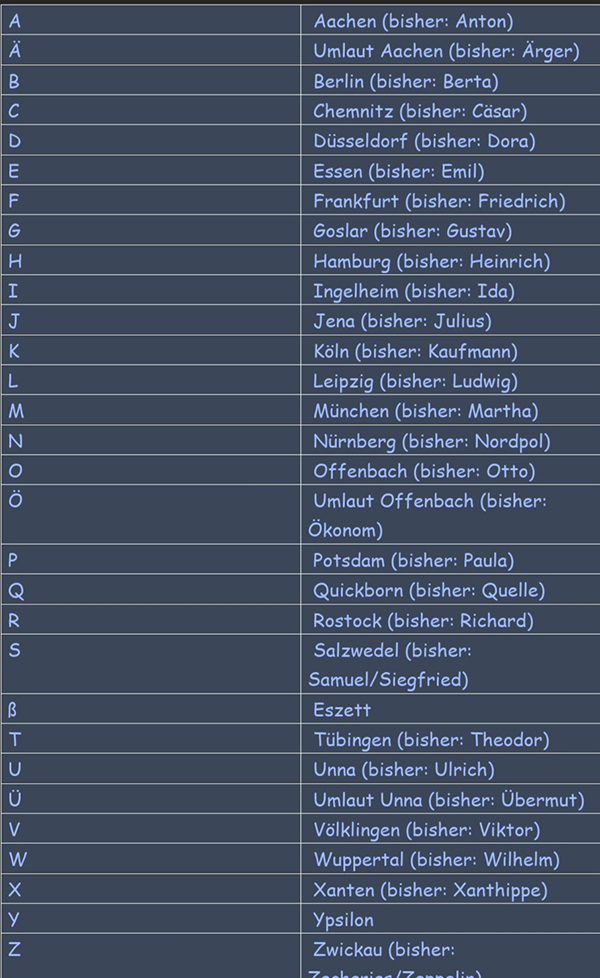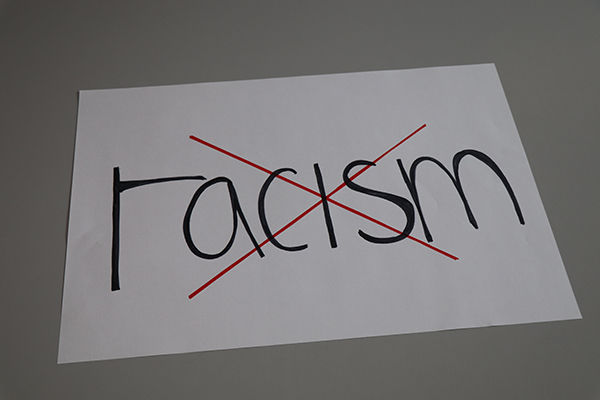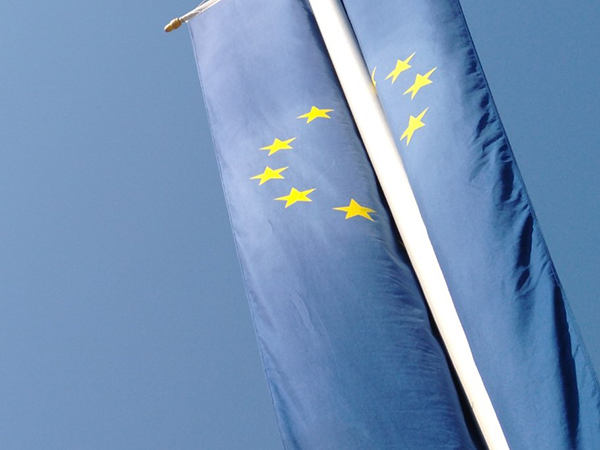By Oula Mahfouz and Ute Kaiser
Munich, Aachen, Hamburg, Frankfurt, Offenbach, Unna, Zwickau: This is how I have to spell my last name on the phone so that people can spell it correctly—M A H F O U Z. Until a year ago, it read like this: Martha, Anton, Heinrich, Friedrich, Otto, Ulrich, Zacharias. In May 2022, the German Institute for Standardization (DIN) abolished the old spelling table. City names replace given names in it. Since then, the T no longer stands for Theodor, but for Tübingen.
The reason for the new version: The anti-Semitism commissioner of Baden-Württemberg had pointed out the problematic history of the spelling table. The National Socialists removed all Jewish first names from it. Unlike first names, city names are “not subject to fashion,” according to the institute. And: other European countries had “made good experiences” with it.
A look back to the time of origin: The first official German spelling table was introduced in Prussia in 1890. This was triggered by the newly invented telephone. The Berlin telephone book, however, still used numbers to designate the letters: A = 1, B = 2, C = 3, etc. Words were not used until 1903. Since then, the list has been changed many times until the current form. The aim is always to avoid misunderstandings—for example, in the case of rare or difficult-to-understand words and proper names.
Lists in Switzerland and Austria differ from the spelling table in Germany. Regardless of the country: These lists help to understand letters correctly. Some of them are very similar in pronunciation, such as: T and D.
There are different lists for languages like French, Italian, English and Turkish.
See also https://www.din.de/de/din-und-seine-partner/presse/mitteilungen/von-aachen-bis-zwickau-867074
tun23042607
www.tuenews.de
Die Buchstabiertafel hilft dabei, Namen richtig zu schreiben. Foto: tünews INTERNATIONAL / Oula Mahfouz.
001985




